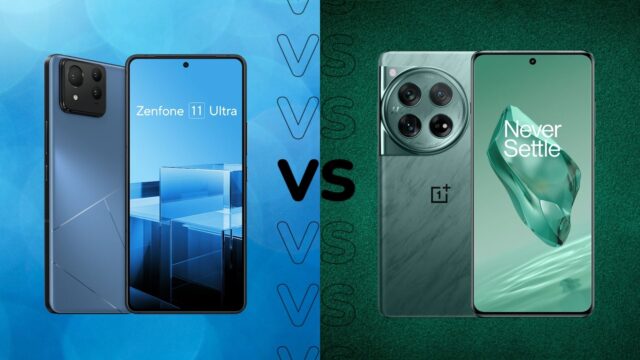Asus’ big-screen Zenfone 11 Ultra is here, but how does it compare to the capable OnePlus 12?
The Zenfone 11 Ultra certainly has a lot going for it, with a unique image stabilisation system, a customisable approach to Android 14 and on-device GenAI capabilities, but taking on the OnePlus 12 is a tall order. OnePlus’ latest flagship boasts a top-end experience with a Hasselblad co-developed camera system, rapid 100W charging, all-day battery life and a solid long-term software promise.
We’ve used both the Asus Zenfone 11 Ultra and OnePlus 12 extensively, and here’s how the two compare to help you decide which is best for your needs.
The OnePlus 12 has a Hasselblad-branded camera system
The OnePlus 12 is a great all-rounder in the premium space, but it’s hard to argue that it’s the camera system that truly shines, not only sporting a trio of capable lenses, but lenses that were co-developed with high-end photography brand Hasselblad.
That includes a main 50MP with a wide f/1.6 aperture and large 1/1.4-inch sensor, along with a capable 64MP 3x periscope lens that delivers serviceable results up to the 10x mark, and is rounded out with a high-res 48MP ultrawide. Combined with Hasselblad processing tech, the phone is capable of capturing some pretty impressive snaps, both during the day and at night.
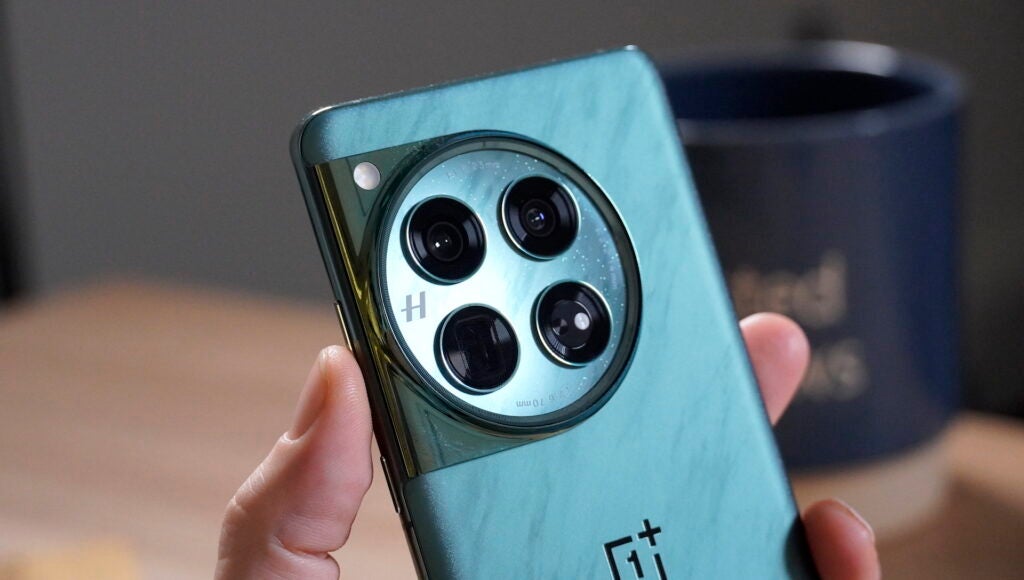
The Asus Zenfone 11 Ultra, on the other hand, sports a rather average trio of 50MP f/1.9 1/1.56-inch main, 32MP fixed 3x telephoto and 13MP ultrawide lenses on the rear. For reference, this is the same setup as the firm’s ROG Phone 8 Pro, and gaming phones aren’t exactly known for their photography prowess.
That was largely backed up in testing, with our reviewer describing the Zenfone 11 Ultra’s image quality as fine, but nothing exceptional for the price.
The Asus Zenfone 11 Ultra has impressive image stabilisation tech
While the OnePlus 12 takes wholly more pleasing images with its trio of rear lenses, the Zenfone 11 Ultra has a trick up its sleeve; impressive stabilisation tech.
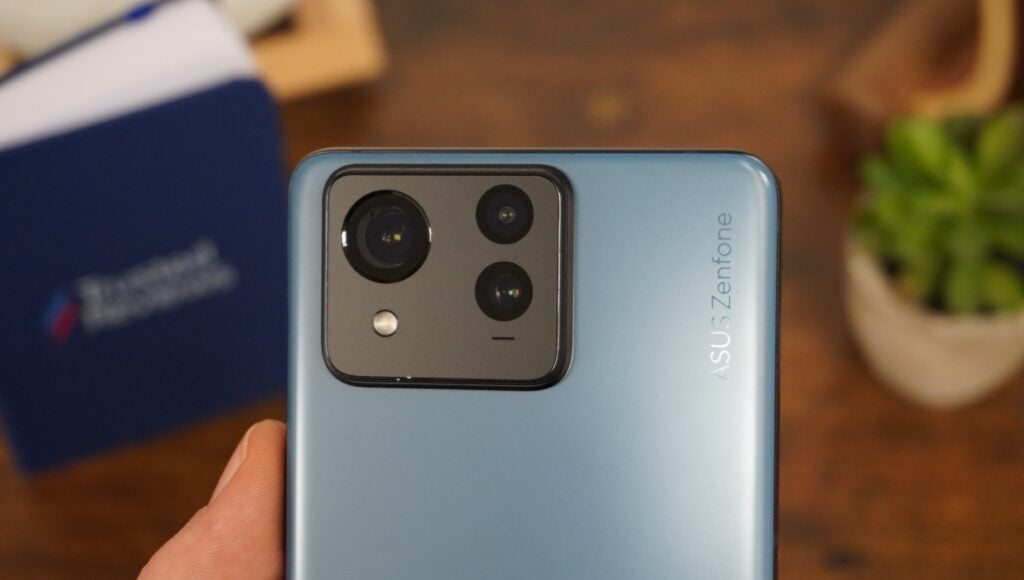
More specifically, the Zenfone 11 Ultra sports the third generation of Asus’ 6-axis hybrid gimbal stabiliser tech, which does a particularly impressive job of smoothing out jittery videos. Our reviewer had no issue capturing floaty video even when walking and holding the phone with just two fingers, making it a great option for content creators.
That also translates to great photo performance, with a lack of blurry photos in our reviewer’s Gallery app compared to most phones he has tested recently.
The Zenfone 11 Ultra offers on-device AI capabilities
Asus, along with Samsung, has begun to take advantage of the on-device GenAI capabilities of the Snapdragon 8 Gen 3 chipset with its 2024 flagships. While Asus’ offering isn’t quite as fully featured as that of the competing Galaxy AI, it still offers some handy features for users.
This includes transcription and summarisation of recorded voice notes, semantic search in the gallery and setting search menus that’ll make it easier to find what you’re looking for, along with the likes of real-time translation in phone calls, AI wallpaper generation, and noise cancellation in calls.
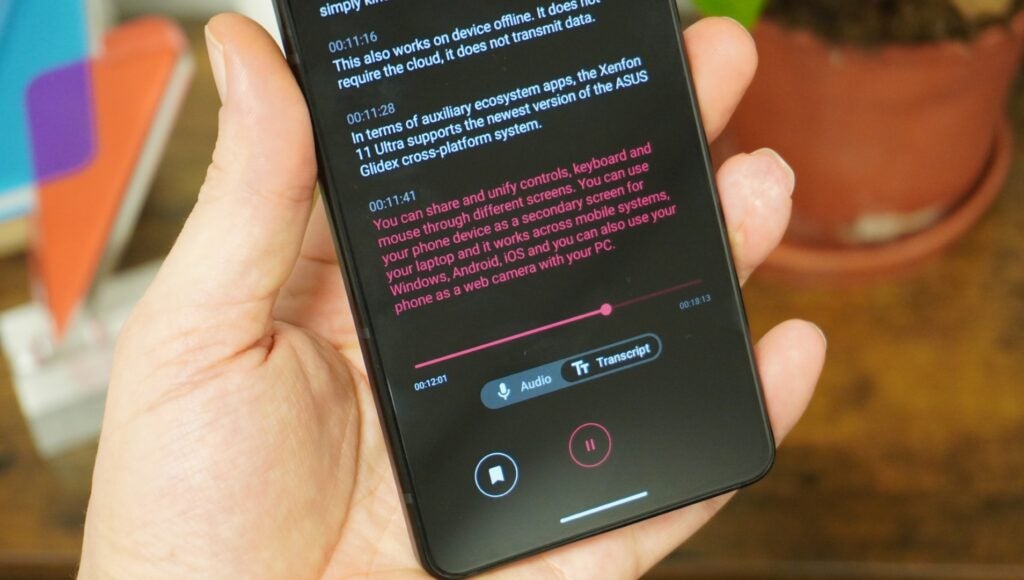
The catch? They won’t be available at launch; instead, they will be released in the coming months via an OTA update.
The OnePlus 12, despite featuring the same GenAI-equipped Snapdragon 8 Gen 3, doesn’t offer any on-device GenAI features, so if that’s important to you, the Zenfone may be the one to go for.
The OnePlus 12 has a longer software promise
If there’s one surprising disappointment about the Zenfone 11 Ultra, it’s the long-term software promise. It’s sticking with the same combination of two OS upgrades and four years of security patches as last year’s Zenfone 10, which even at that time, we thought was a little bit of a disappointment.
That’s an even harder pill to swallow in 2024 when the likes of the Pixel 8 and Samsung Galaxy S24 offer a whopping seven OS upgrades that’ll take the phones through to Android 21.
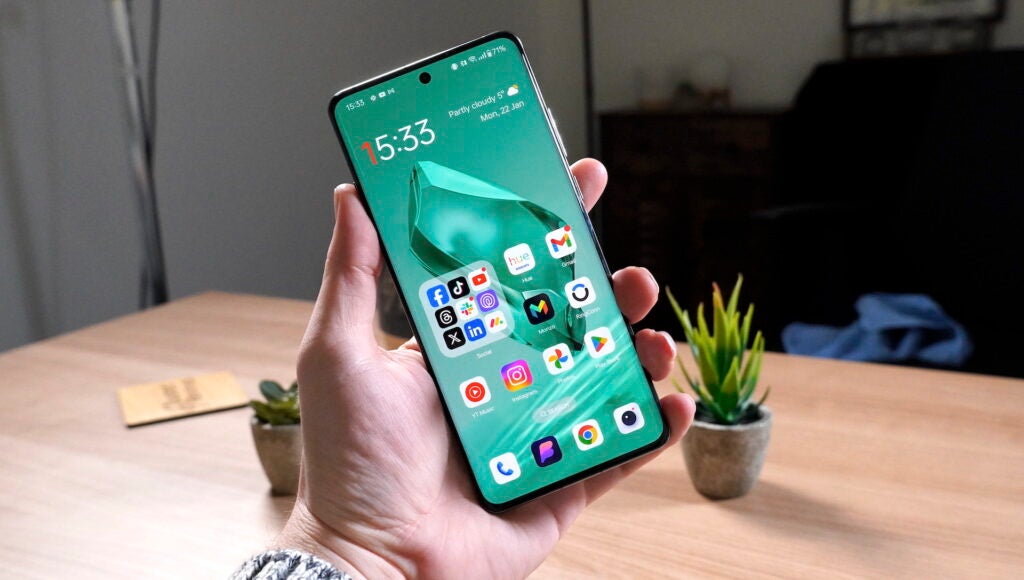
The OnePlus 12 doesn’t quite go to these lengths, but its combination of four OS upgrades and five years of security patches means it’s effectively double what you’ll get from Asus, making it the better prospect for long-term use.
The Zenfone 11 Ultra is more expensive than the OnePlus 12
The Asus Zenfone 11 Ultra comes in at a slightly higher price point than the OnePlus 12, but there’s not that much in it.
More specifically, the Zenfone 11 Ultra starts at £869 while the OnePlus 12 starts at £849, meaning you should focus more on the tech on offer than trying to potentially save yourself £20 by opting for the cheaper option.

